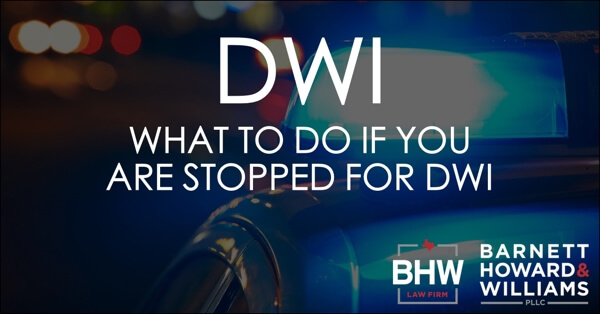
 Finding those blue and red lights in your rearview mirror is never ideal. If it’s a DWI stop, it can feel like your heart is racing twice as fast. But while the nerves are understandable, the key here is knowing what to do—and maybe more importantly, what not to do. Let’s dive into a few tips that might make a difference if you find yourself in this situation.
Finding those blue and red lights in your rearview mirror is never ideal. If it’s a DWI stop, it can feel like your heart is racing twice as fast. But while the nerves are understandable, the key here is knowing what to do—and maybe more importantly, what not to do. Let’s dive into a few tips that might make a difference if you find yourself in this situation.
Stay Calm and Collected if Stopped for DWI
Do: Breathe. Take a moment, gather your thoughts, and remember that keeping calm can really help. When the officer approaches, be respectful and polite. A calm demeanor doesn’t mean you’re admitting guilt; it simply shows maturity and may influence how the officer views you. Even if your pulse is racing, a little “fake it till you make it” can go a long way.
Don’t: React emotionally or aggressively. Panicking or being rude won’t help. It could even escalate the situation. The officer is there to do their job, and unfortunately, this may involve some tough questioning. But stay focused—cool and collected is the goal.
Comply with Basic Requests, But Know Your Rights
Do: Hand over your license, insurance, and registration when asked. This is standard procedure, and providing these essentials without fuss can keep things running smoothly.
Don’t: Overshare. Remember, officers will often ask questions about where you’ve been or how much you’ve had to drink. It may seem like casual conversation, but it’s often their way of gathering information. Instead of diving into a full recap of your evening, keep it simple and to the point. You don’t have to answer beyond basic questions, so politely decline to offer additional details if you feel uncomfortable.
Field Sobriety Tests – The Art of the Polite Refusal
Do: Know your right to say “no.” Field sobriety tests, like the “walk and turn” or the “one-leg stand,” are voluntary in Texas (unless you’re on probation). Politely refusing can be a smart move, as these tests are designed in a way that even sober people can struggle with them—stress, nerves, and uneven ground can all affect the results.
Don’t: Feel pressured to go along just because the officer doesn’t explicitly ask if you’re willing to participate. Officers might assume you’ll comply and jump straight into the tests. So, if you’d rather not do them, a simple, “I prefer not to take these tests” can be your best option. Remember, you’re not obligated to help build the state’s case against you.
Breath and Blood Tests – Understanding the Consequences
Do: Know what’s at stake. Breath and blood tests fall into a slightly different category. In Texas, refusing a breath or blood test can have immediate consequences, like a license suspension, but it’s still within your rights unless an officer presents a warrant.
Don’t: Refuse if a valid warrant is presented. If an officer has obtained a warrant for a blood test, you’re legally required to comply. Failing to do so could lead to additional legal trouble, which might make a bad situation worse. Think carefully, and when in doubt, ask for clarity.
Remain Silent Beyond Basic Information
Do: Use your right to remain silent wisely. Beyond providing identification, you’re not obligated to answer detailed questions. Many people feel the need to explain themselves in these situations, but even seemingly innocent statements could later be used as evidence.
Don’t: Spill the details of your evening. This isn’t the time for full transparency about how much you had to drink or why you may look tired. Politely telling the officer, “I’m not comfortable answering that” is within your rights and can help prevent anything being taken out of context later.
Plan Ahead – Use Alternative Transportation
Do: Make a game plan in advance. Look, no one wants to be in a situation where they’re stopped for DWI. Using rideshare options like Uber or Lyft can save a lot of trouble and maybe even a lot of money. If there’s even a slight chance that you’re over the limit, it’s best to leave the car keys behind.
Don’t: Wait until it’s too late. Last-minute decision-making is stressful, and being proactive is way easier than facing DWI charges. Think of it as a minor investment in your peace of mind—and definitely cheaper than the potential costs of a DWI.
Wrap-Up: Staying Smart and Safe on the Road
Getting pulled over is never a pleasant experience, especially when a DWI is involved. The best steps are often the simplest: stay calm, comply with basic requests, know your rights, and remember the power of a polite refusal. Ultimately, avoiding this situation by planning ahead—calling that Uber—is the smartest move you can make. But if it ever does happen, hopefully, these do’s and don’ts will guide you through with confidence.
Here’s to making smart choices and staying safe on the road.

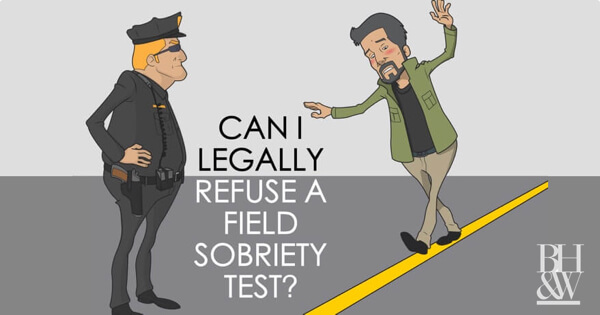
 When a driver is stopped in Texas and the officer suspects that the driver may be intoxicated, the officer will typically run through a standard DWI roadside investigation. This investigation begins by simply observing the driver (bloodshot eyes, odor of alcohol, slurred speech) and asking some questions:
When a driver is stopped in Texas and the officer suspects that the driver may be intoxicated, the officer will typically run through a standard DWI roadside investigation. This investigation begins by simply observing the driver (bloodshot eyes, odor of alcohol, slurred speech) and asking some questions:
 When you think about the Christmas season, you probably think about family time, presents, good food, and celebration. We think about those things too, but as criminal defense attorneys, we also think about the reasons that some of our clients get arrested during the holiday season. For this article, we took a look at the last 8 years of holiday season arrests (for clients that we represented) and compiled an (anecdotal) list of the top 5 reasons that folks get arrested during the Christmas/New Year’s season. Our goal is that this list will serve as a warning, so that your holiday season can be filled with the good stuff, rather than jail, bail, and calls to our office. Here goes:
When you think about the Christmas season, you probably think about family time, presents, good food, and celebration. We think about those things too, but as criminal defense attorneys, we also think about the reasons that some of our clients get arrested during the holiday season. For this article, we took a look at the last 8 years of holiday season arrests (for clients that we represented) and compiled an (anecdotal) list of the top 5 reasons that folks get arrested during the Christmas/New Year’s season. Our goal is that this list will serve as a warning, so that your holiday season can be filled with the good stuff, rather than jail, bail, and calls to our office. Here goes: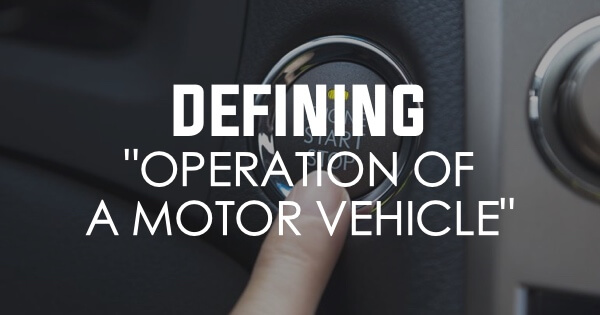
 The simple answer is that it means whatever the jury (not the judge) says it means.
The simple answer is that it means whatever the jury (not the judge) says it means.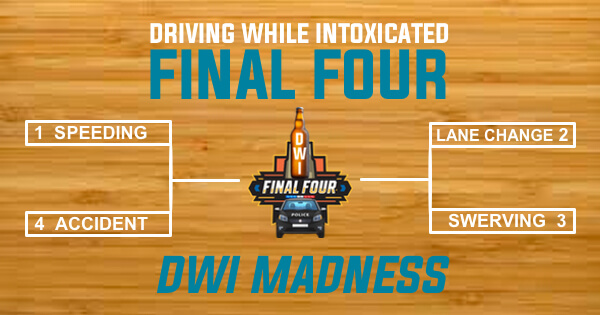
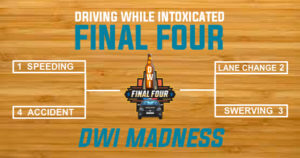
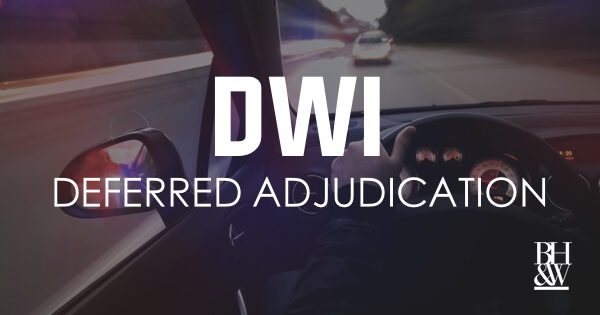
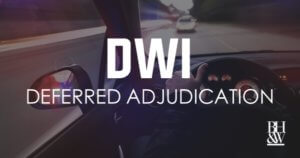 For years, I’ve had the difficult task of trying to explain to clients facing a first-time DWI charge why their case is treated more harshly under the law than other misdemeanor criminal offenses like assault, prostitution, theft, drug possession, etc. In Texas, you can be charged with one of the latter crimes and have the option of
For years, I’ve had the difficult task of trying to explain to clients facing a first-time DWI charge why their case is treated more harshly under the law than other misdemeanor criminal offenses like assault, prostitution, theft, drug possession, etc. In Texas, you can be charged with one of the latter crimes and have the option of 
 One of the common factors in any DWI case is that there must be a motor vehicle involved. Every time. When someone who is under the influence of drugs and/or alcohol chooses to drive a motor vehicle, should the car itself be considered by Texas courts to be a “deadly weapon?” When do ordinary, daily objects, such as cars, become “deadly weapons” for the purpose of charging enhancements and raising the stakes in a criminal case?
One of the common factors in any DWI case is that there must be a motor vehicle involved. Every time. When someone who is under the influence of drugs and/or alcohol chooses to drive a motor vehicle, should the car itself be considered by Texas courts to be a “deadly weapon?” When do ordinary, daily objects, such as cars, become “deadly weapons” for the purpose of charging enhancements and raising the stakes in a criminal case?
 For a lot people in Texas, the summer is filled with swimming, boating, wakeboarding, and drinking. These activities can be fun and harmless, but sometimes they can take a turn for the worse. Here’s a list of some of the most common criminal offenses that can be committed on a boat in Texas lakes and possible punishments that go along with them. Please keep these in mind to ensure that you have a fun and safe time on the water this summer.
For a lot people in Texas, the summer is filled with swimming, boating, wakeboarding, and drinking. These activities can be fun and harmless, but sometimes they can take a turn for the worse. Here’s a list of some of the most common criminal offenses that can be committed on a boat in Texas lakes and possible punishments that go along with them. Please keep these in mind to ensure that you have a fun and safe time on the water this summer.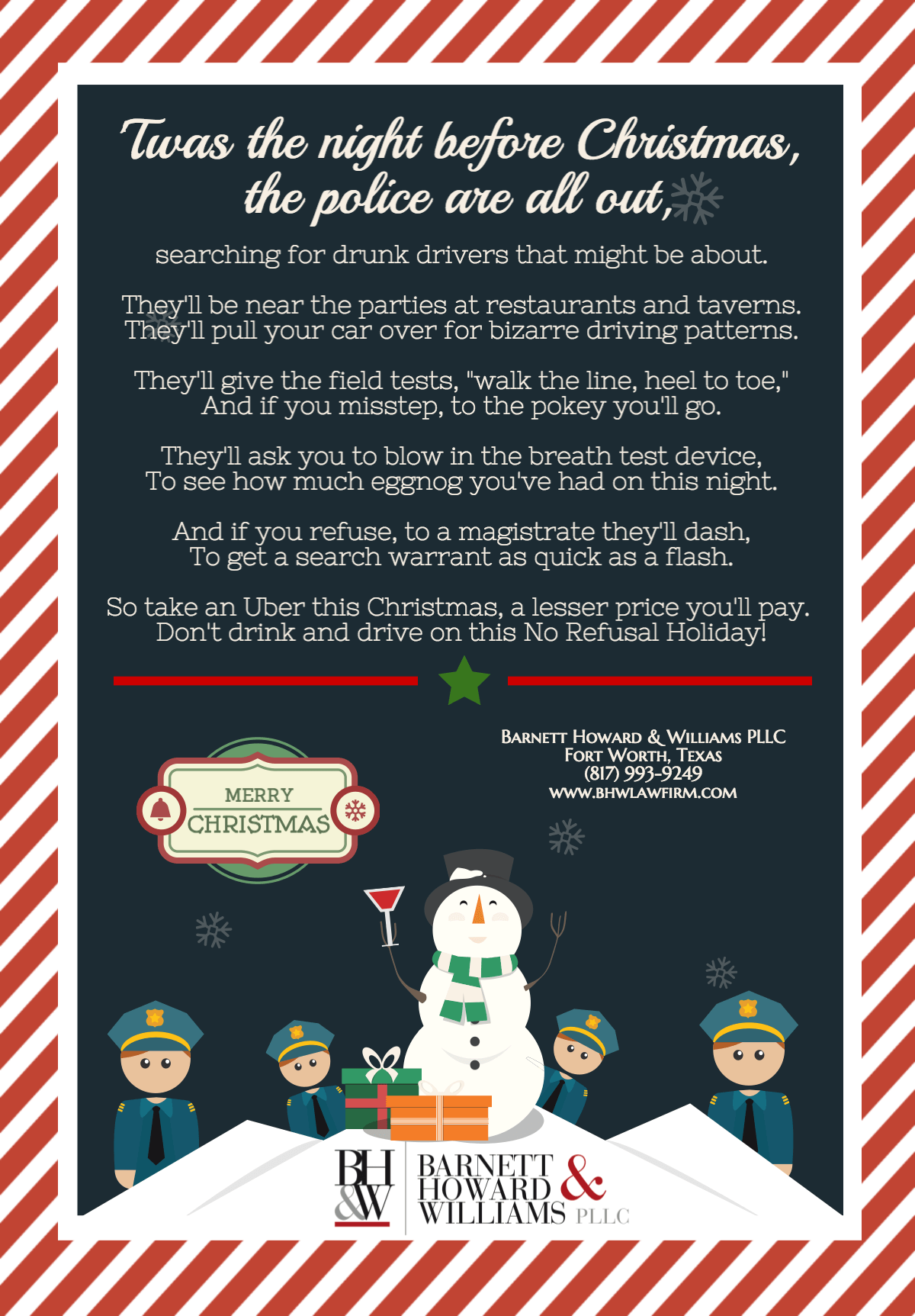
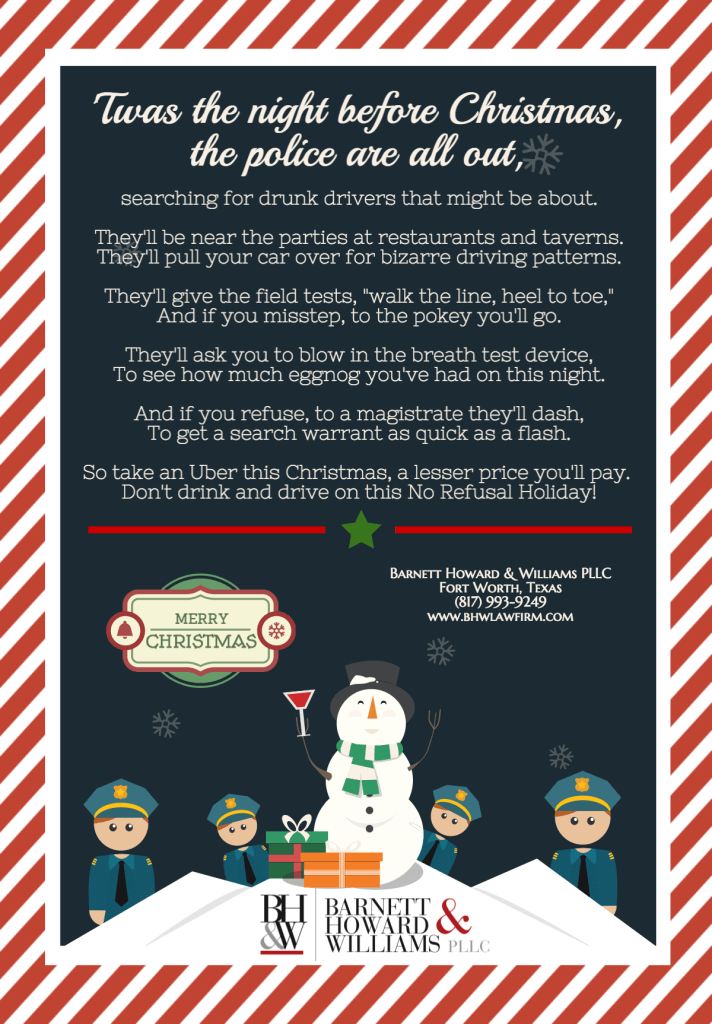

 When Governor Abbott signed the
When Governor Abbott signed the 





